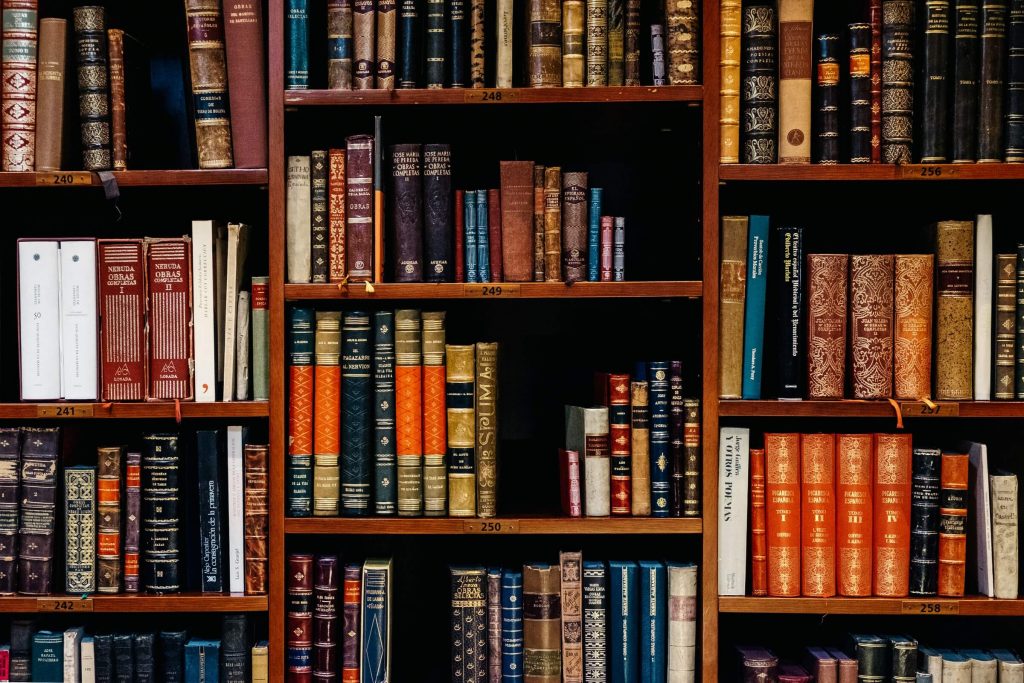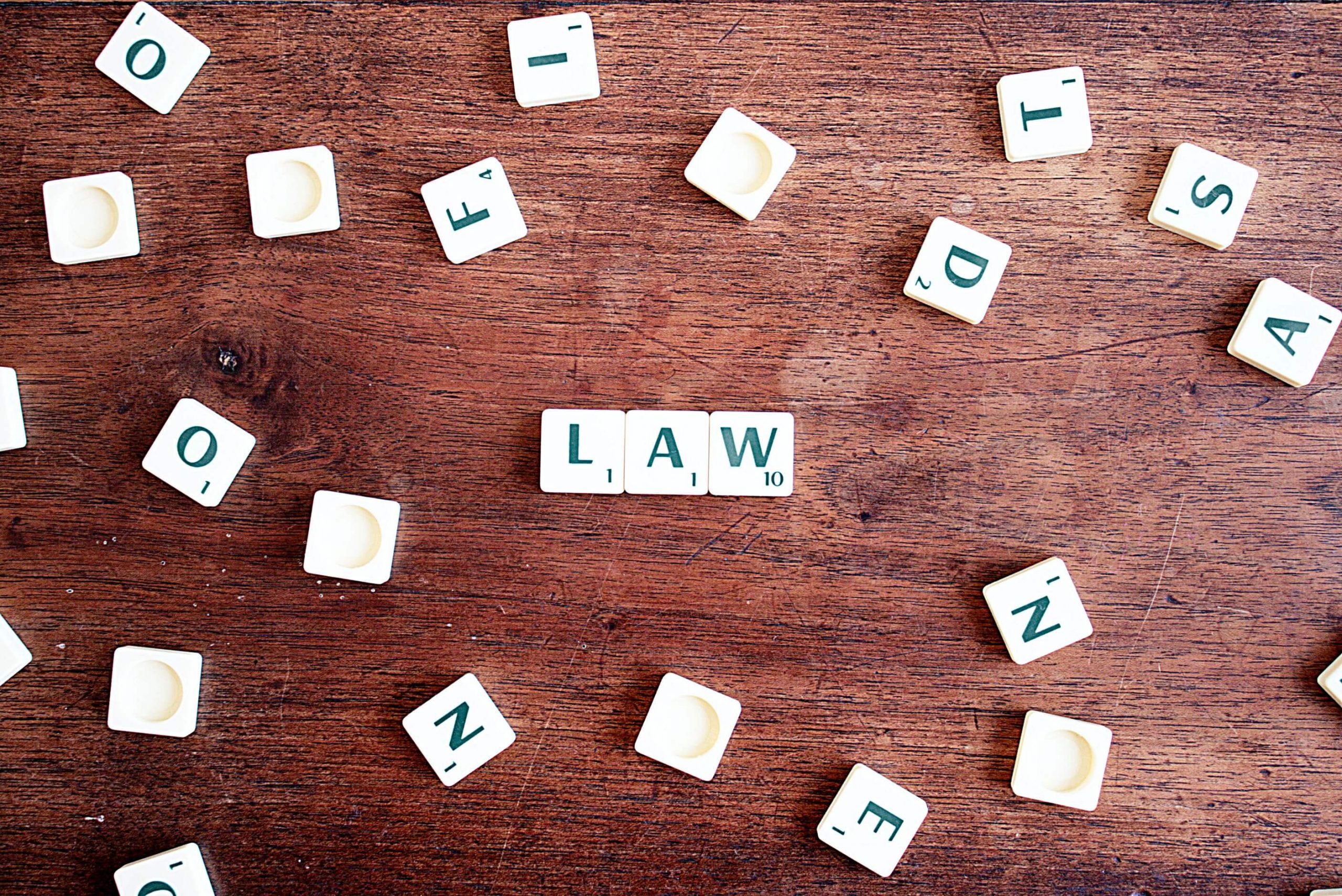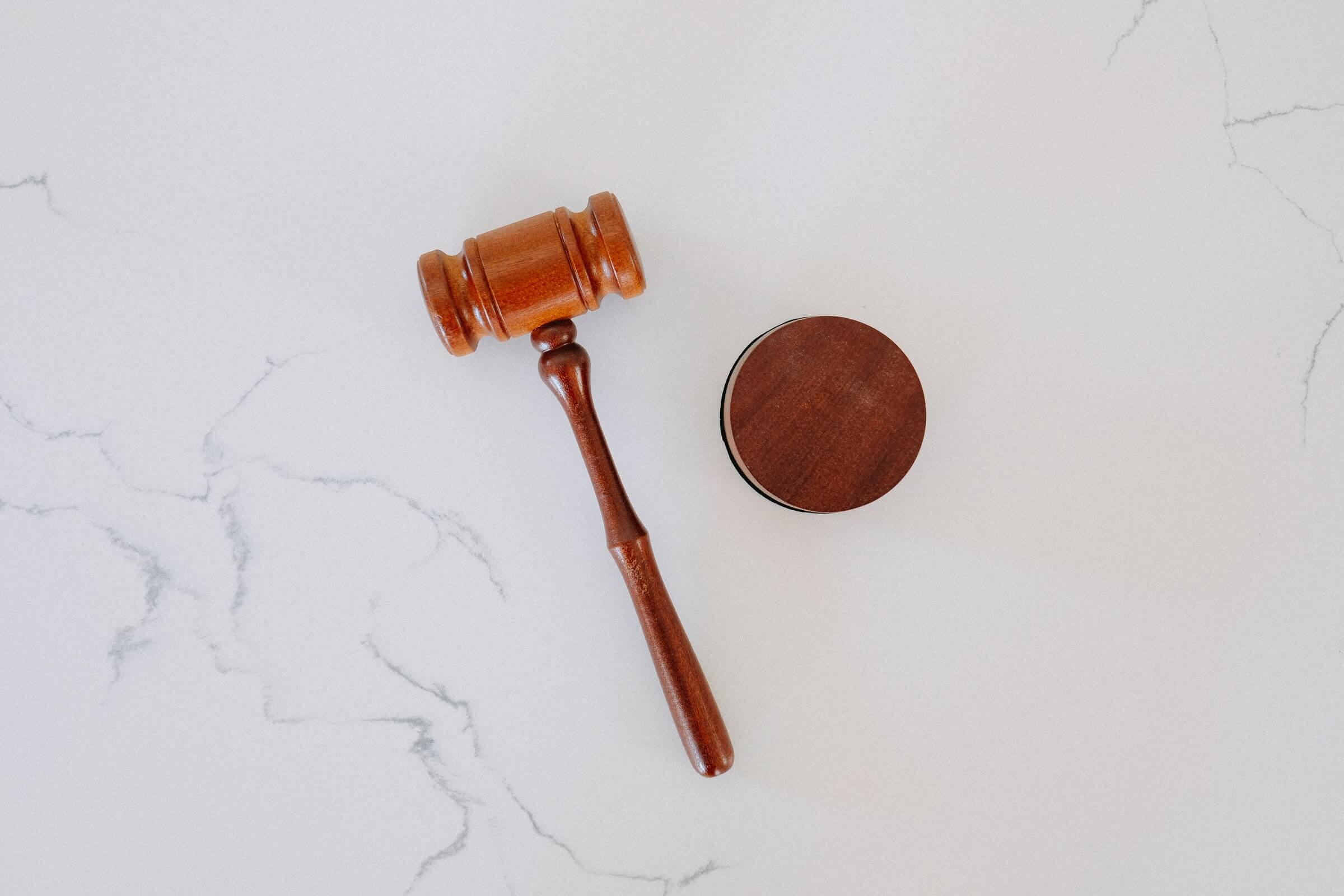Share


Sources of law imply a place from which the law comes or is acquired. It is the well from which the waters of the law are drawn. In the Nigerian legal system, there are two major sources of law. The primary source and the secondary source. These sources of law would now be discussed below.
Primary Sources of Law in Nigeria
Laws under this heading have relative binding powers in Nigeria. Under the primary source of law, there are five mainstreams:
1. The Constitution
2. Legislations
3. Judicial precedents
4. Statutes of General Application
5. Customary law.
Let us take a close look at these sources.
1. The Constitution
The Constitution of the Federal Republic of Nigeria, 1999, as amended, is the grundnorm of the Federation. Hence, according to Section 1(3), any other law inconsistent with the provisions of any part of the Constitution is, to the extent of the inconsistency, void. This provision establishes the Constitution as the alpha amongst the other primary sources of law.
2. Legislations
Legislations include bills, laws, decrees and edicts. Presently, in Nigeria, legislations are enacted after due process is followed as laid down in the Constitution. The constitutional steps for the passage of a bill are in the order as follows:
- first reading
- second reading
- standing committee stage
- report stage
- committee stage
- third reading
- passage to the other house
- assent of the President
Where the President does not grant assent, the National Assembly can veto the bill and pass it into law with the support of a two-thirds majority of the house.
3. Judicial precedents
Also known as case law, judicial precedents refer to already-decided cases. Where a similar case comes up at a future time, such decisions by the court may be cited as law.
The bindingness of these precedents depends largely on the hierarchy and status of the court that gave the judgment. Hence, the decision of any court can only have a persuading effect on the Supreme Court.
On the other hand, a decision made by the Supreme Court will have a binding effect on every court except itself. Judicial precedents can be accessed through law reports.
4. Statutes of General Application
These are statutes which were in force before January 1, 1900. Thus, English statutes which were in force during this time frame have been received as primary sources of law in Nigeria. Section 32(1) of the Interpretation Act and the Supreme Court Ordinance lends credence to the aforementioned premises. The Fatal Accident Act 1864 and the Wills Act 1837 are examples.
5. Customary Law
Customary law refers to the laws and customs of a particular society. These laws include Islamic laws and customs. They are only applicable to the society from which they originate, are largely unwritten, and must be accepted by the parties to the case.
Also, it must be noted that it varies from society to society. Hence, what is obtainable in one society may be totally unacceptable in another. It must be in existence at the material time for it to be binding.
Furthermore, it must not be repugnant to natural justice, equity and good conscience. It must not be inconsistent with any law for the time being in law.
Secondary Sources of Law in Nigeria

Secondary sources of law are where the law can be found that is not classed under the primary source of law. Secondary sources of law are not binding. This means that courts are not mandated to follow them. They are only persuasive in nature. Secondary sources of law include:
- textbooks
- newspapers
- journal articles
- international treaties and conventions, etc.
Conclusion
It is important to know the various sources of Law and the class they fall under – whether primary or secondary. This way, you can solve legal issues with the appropriate laws, knowing that only primary sources are binding. Secondary sources still remain of value since they help to throw light on already-existing primary sources or fill any lacuna that may exist. The Nigerian legal system runs on a fine blend of both sources.
Share
Don’t Stop Here
More To Explore

Legal Tutoring Vs Coaching – Which Do You Need?
While used interchangeably, tutoring and coaching have different impacts on a student’s performance. This article shows how.

Where to Find Free Learning Resources for Law Students
Getting study materials – cases, explanations of concepts, and other learning resources for Law students can be tough.

“I Hate Studying Law” – 6 Things That Would Change Your Mind
Only a few Law students study Law because they wanted to. Most times, it’s really
